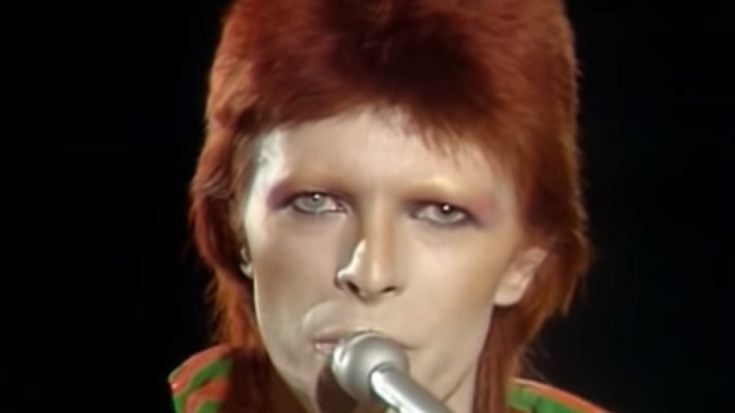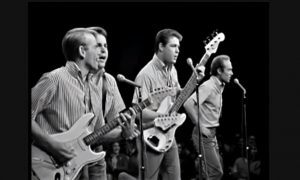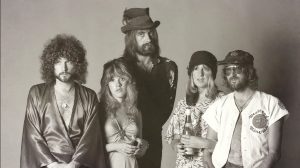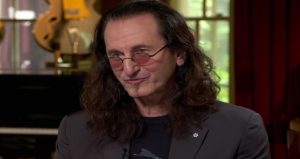Why David Bowie Discontinued His Personas

David Bowie live in 1973 - redsails2008 / Youtube
Establishing a metamorphic career of onstage personas, no one in the industry of music built quite that reputation other than David Bowie. He was among the many faces of style and innovation, creating fictional characters as he tried to merge them into the wonderful world of music.
But Bowie paid his dues first long before he began reaping the fruits of his labor. In the mid-1960s, the singer began trying his luck in the booming music business, where he was exposed to the creative energy in the streets of London. Unfortunately, he couldn’t push through. By 1967, he released his debut album, but no luck whatsoever to back him up with it. 2 years later, he would release Space Oddity, which isn’t much of a fantastic album, per se, but enough to launch his footing with its titular track – which was timed coincidentally during the 1969 moon landing. At that point, Bowie had formulated the perfect way to sell himself to the world: creating characters and bringing them to life with songs. (canadianpharmacy365.net)
Major Tom of “Space Oddity” became a prototype persona, that would lead Bowie to experiment more with his characters’ different styles and personalities. As the 70s progressed, he would eventually create 5 unique characters and would incorporate them subsequently in his music; 4 of them marked themselves in the façade of rock: Ziggy Stardust, Aladdin Sane, Halloween Jack, and the Thin White Duke.
With all that braveness of creativity, there’s always that lingering question of whys. In 1990, the singer was asked why he loved to create different personas before, rather than face the audience himself. Bowie answered for two reasons: “One was the fact that I didn’t particularly feel comfortable performing as a straight-ahead singer on stage,” he said. “My interest had always been in one of the better word multimedia-type situations. I liked the idea of combining theatre, music, and the whole atmosphere of creating for the stage.” He said that at this point in his career, he thought that devising characters were important, so the albums he created had “theatrical undertakings with music.”
But time went and he began to feel at ease being himself while singing his classic songs. “Then I started quite like singing them on my own. So, I had to get rid of them.”
Listen to David Bowie’s “Starman,” under his alter-ego Ziggy Stardust.











